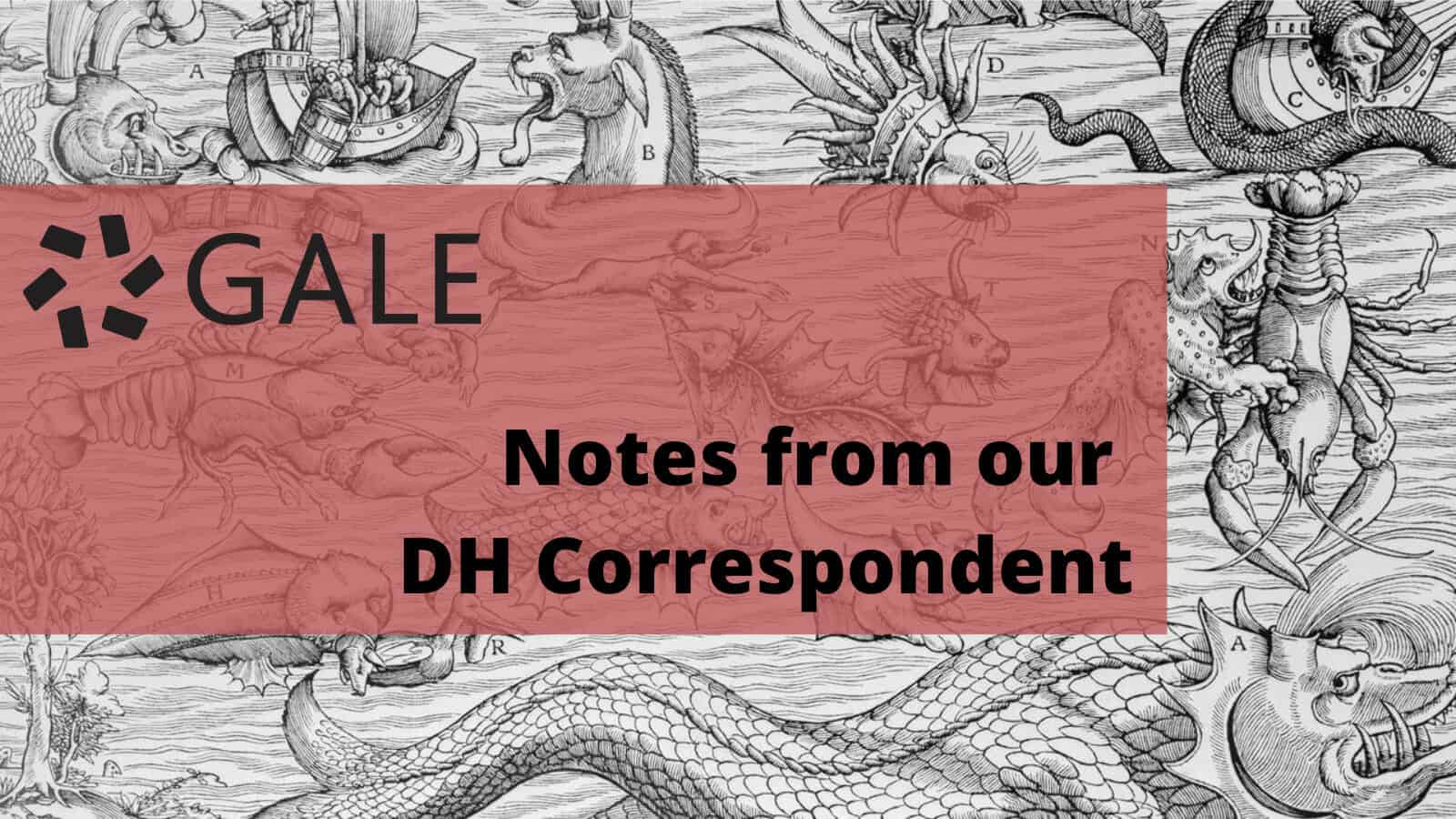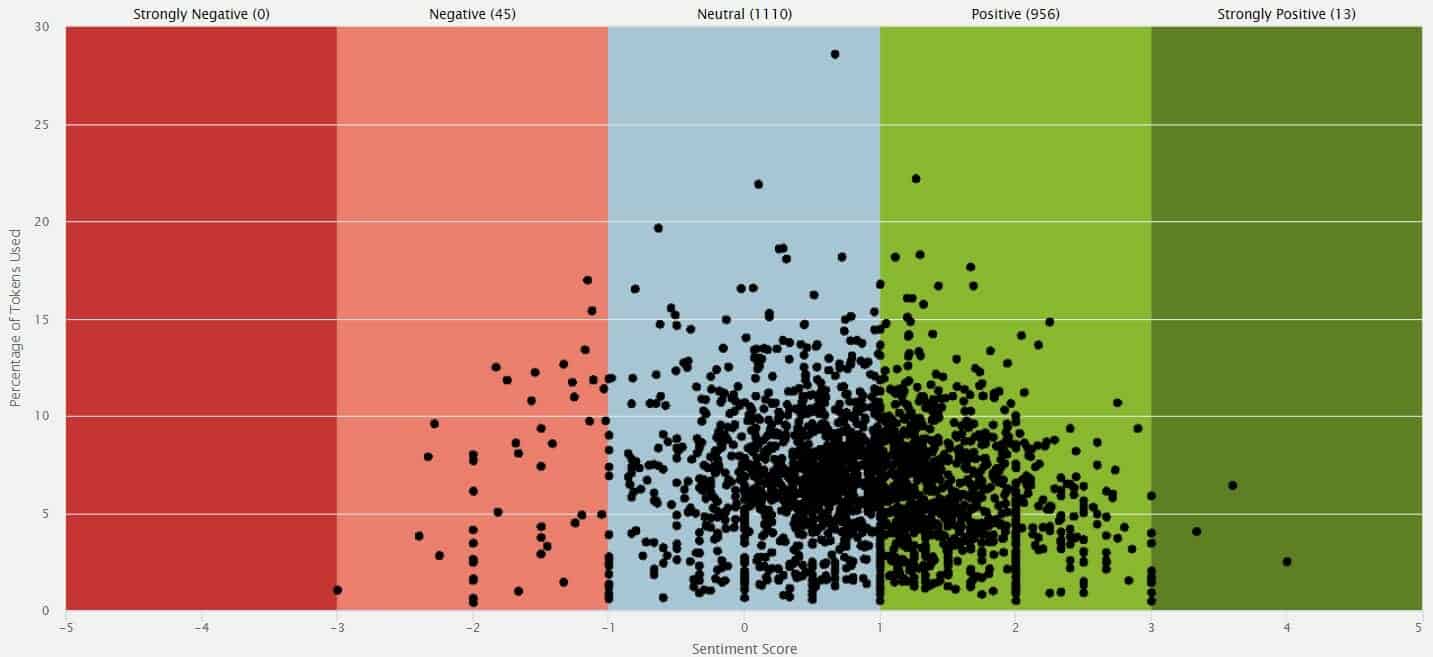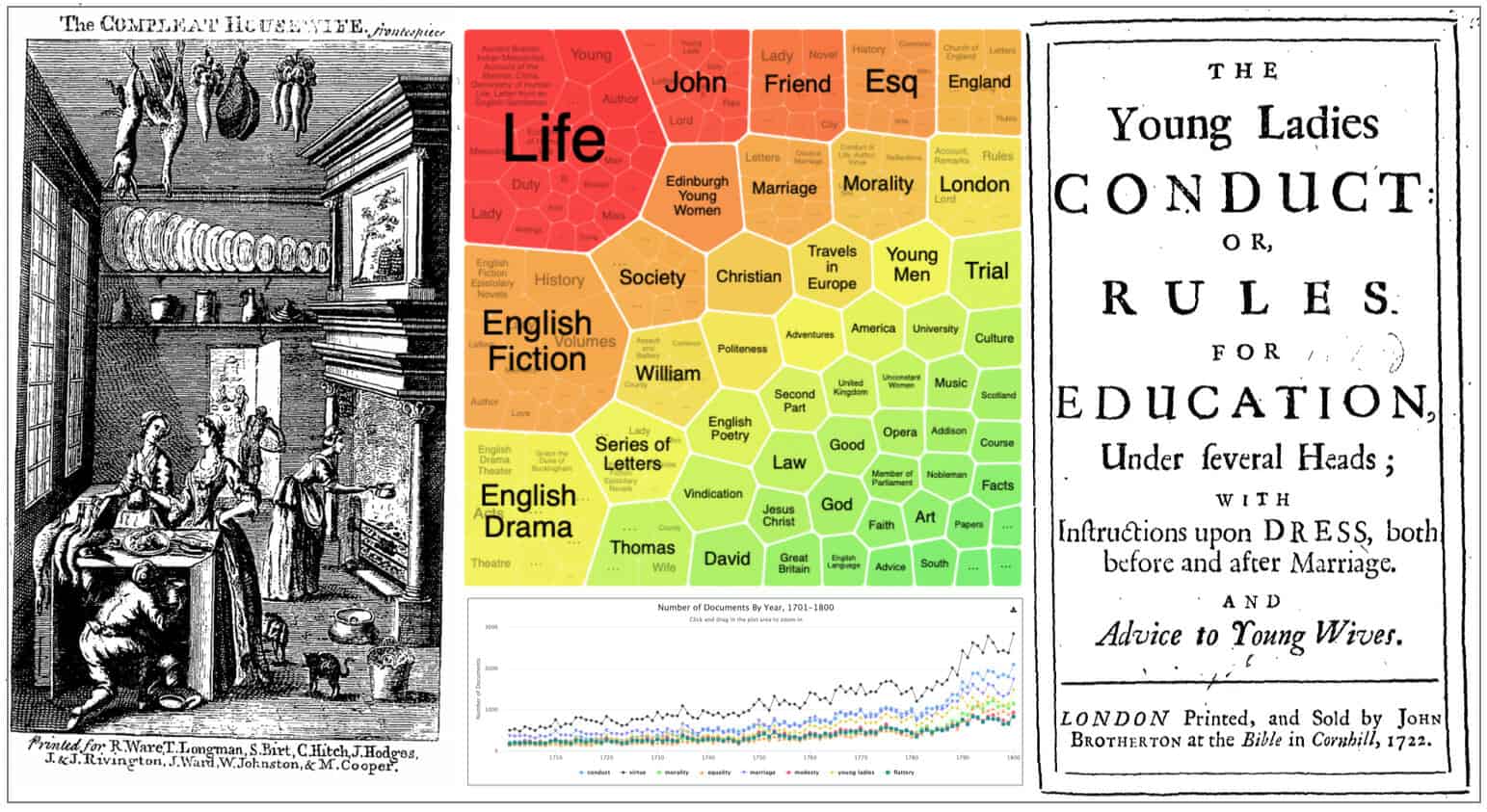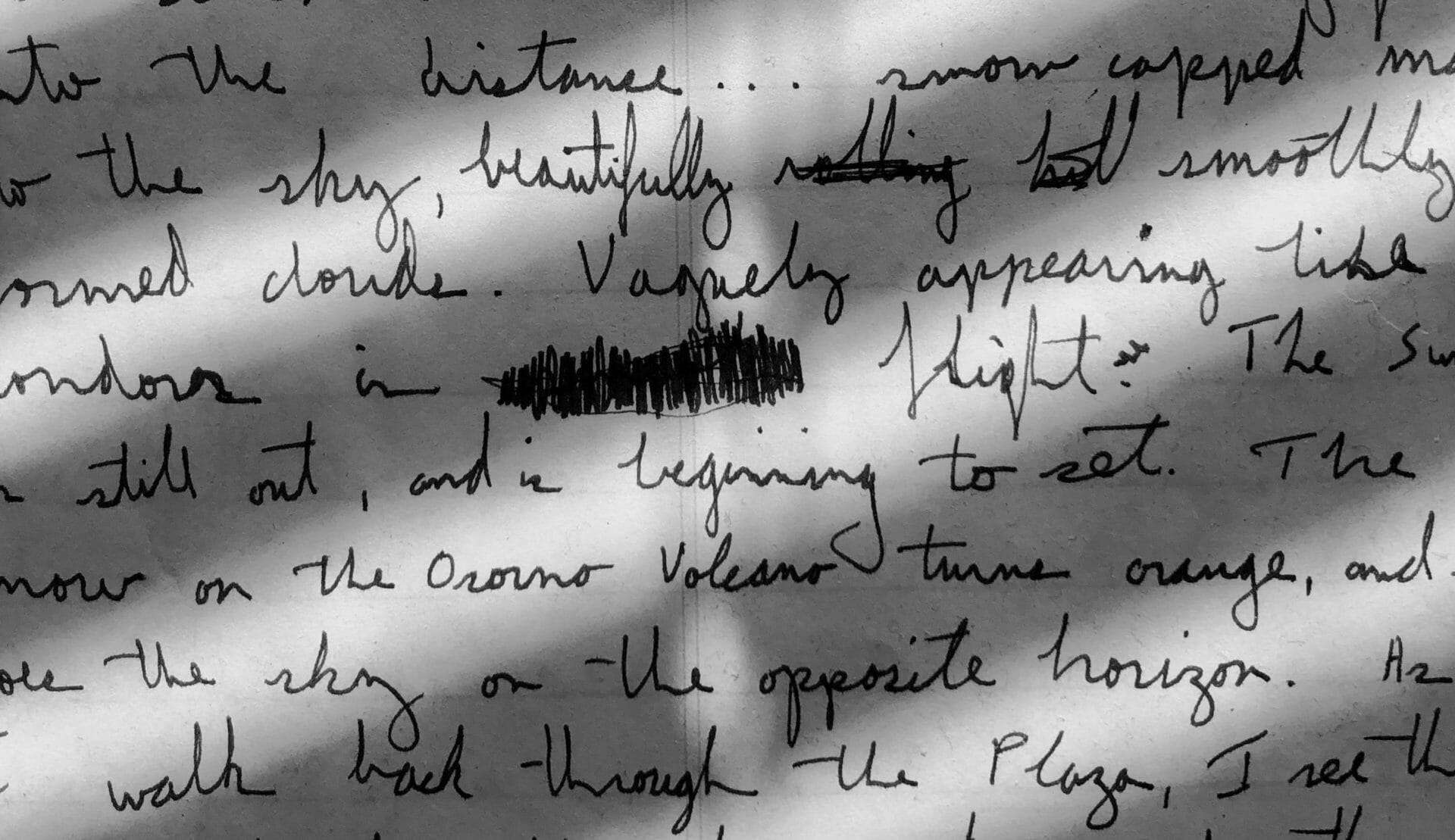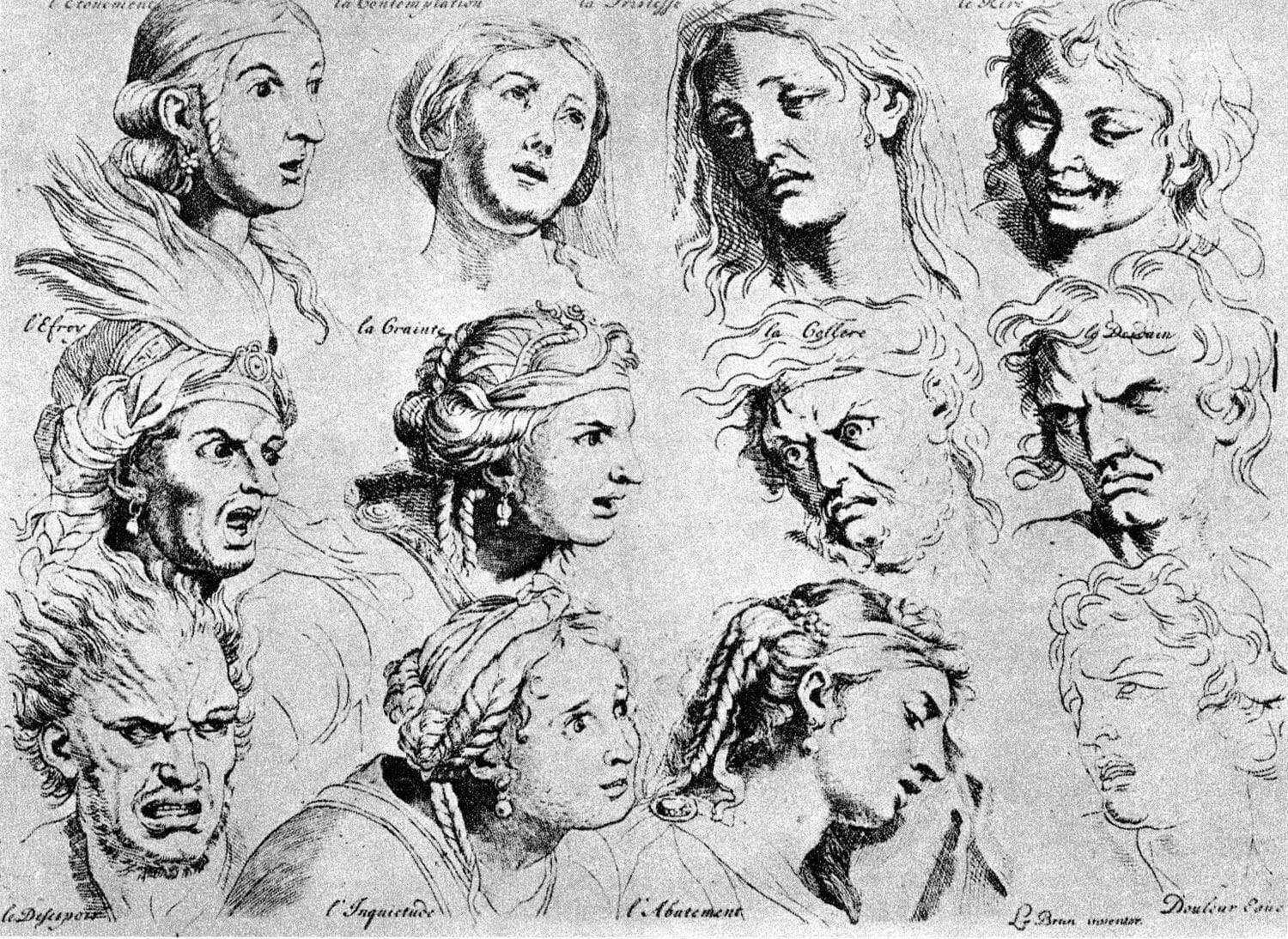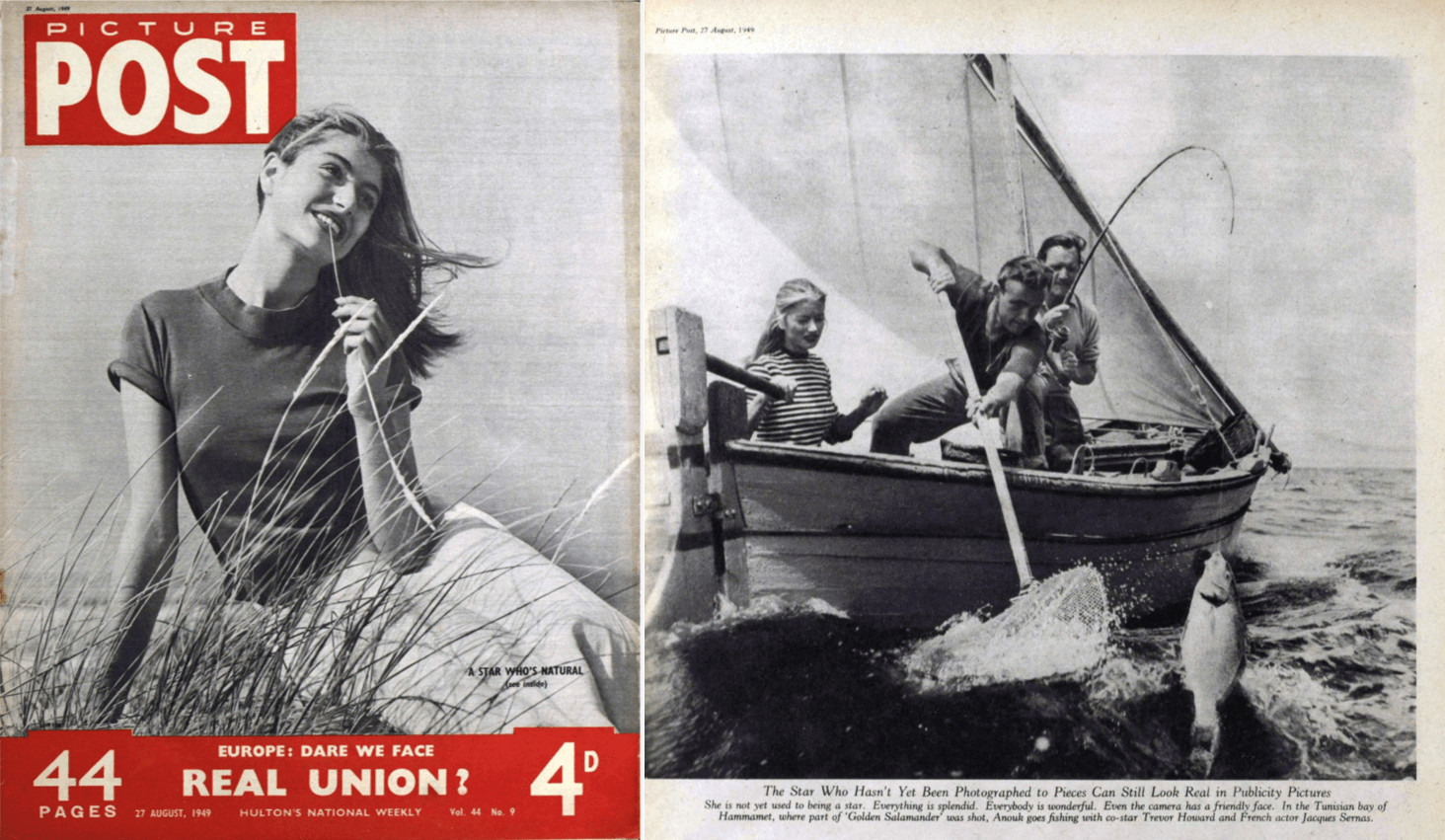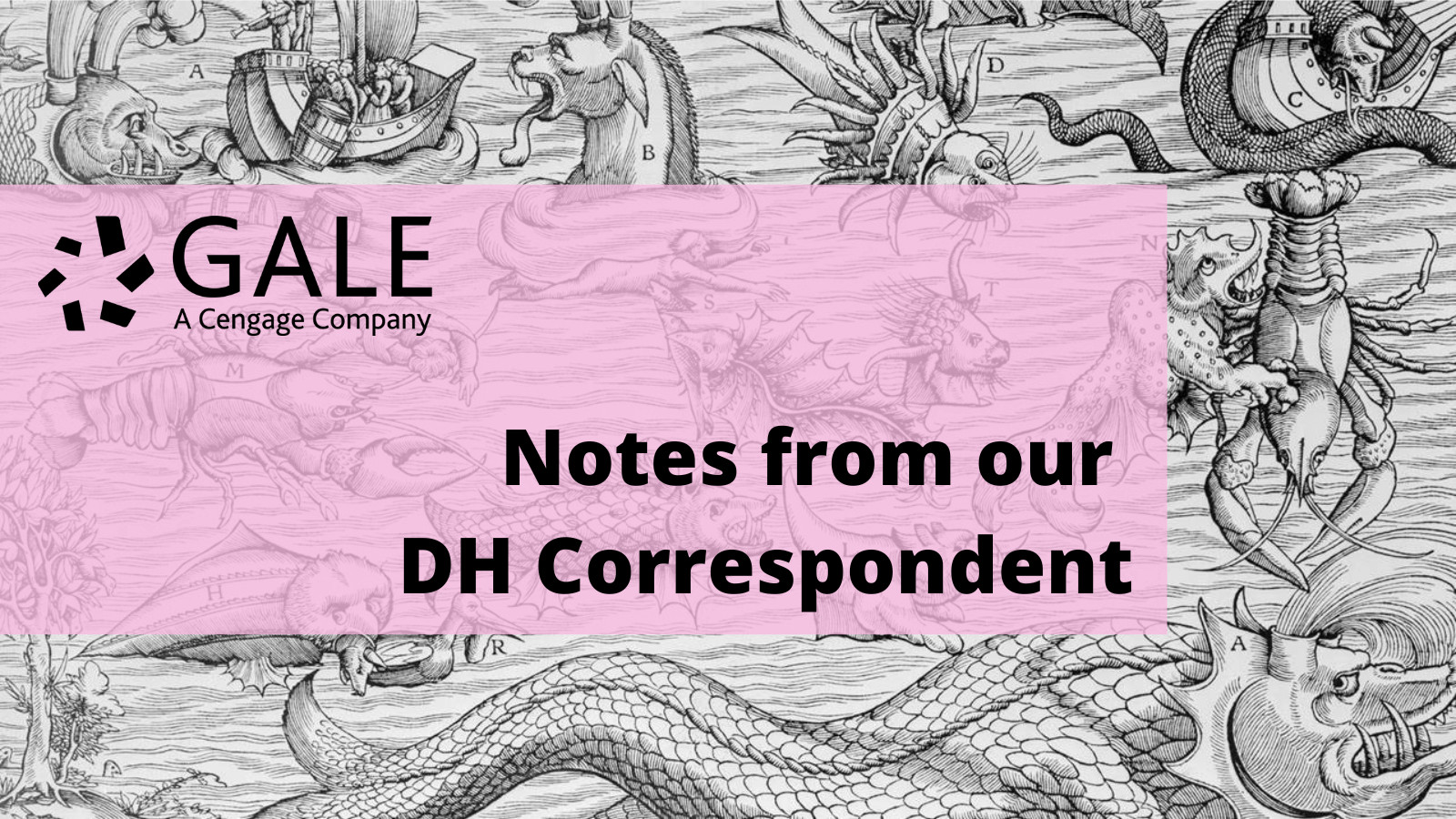│By Sarah L. Ketchley, Senior Digital Humanities Specialist, Gale│
This dataset post is a follow-up to Working with Datasets, a Primer which discussed text datasets of primary sources and explored how to access and work with them in Gale Digital Scholar Lab. Here, we’ll look at the topics of the first eight datasets in the Lab in more detail, the types of documents included in each set, and consider how a user may work with them for analysis. Our next blog post will showcase classroom-based use of the Lab’s datasets as an introductory pathway into the field of digital humanities.

